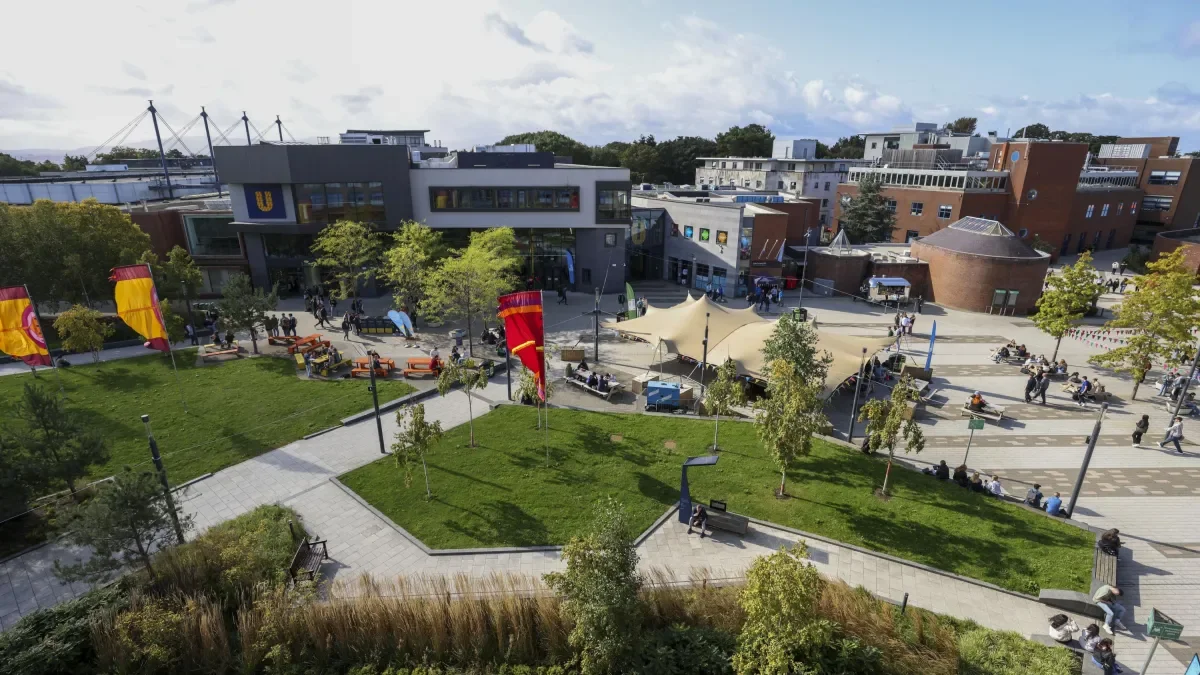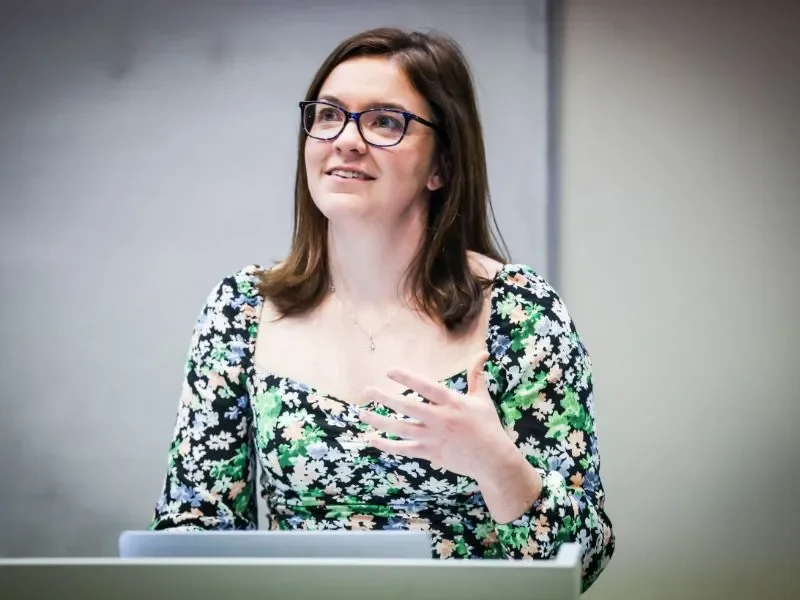

Five DCU researchers secure over €3.2 million in Research Ireland Pathways call
Dr Eirini Maniou is set to examine Neural tube morphogenesis, a fundamental process leading to formation of the central nervous system. The neural tube closes to form the basic structure of the central nervous system during early embryonic development. The neural tube becomes the precursor to the brain and spinal cord. The anterior (head) end develops into the brain, while the posterior portion forms the spinal cord. Closure also creates a sealed environment that protects the developing nervous tissue from the external environment and maintains the proper biochemical conditions needed for neural development.
While this process is dependent on mechanical forces, how these forces are integrated with molecular cues is unclear. Using tractable chick embryo, the project will first assess if competency of the neural tube to close is time-dependent and identify critical time windows for completion of closure. By integrating in vivo force quantification, with hydrogel microfluidics and live imaging, the project will reversibly perturb mechanical forces as well as morphogens with unprecedented spatial and temporal resolution and acquire quantifiable readouts of such perturbations. The findings will be complemented by studies on human neuroectodermal progenitors, to examine if the processes we describe in chick morphogenesis are evolutionary conserved.
The impact of plastic-led pollution and its effects on our climate are well known. While recycling is available, highly unsustainable fossil-fuel based plastics such as polyethylene terephthalate (PET) are not the solution. PET cannot be indefinitely recycled, and when it is recycled, the mechanical properties are diminished making it less and less useful at each cycle. Moreover, it has been shown that only 23% of PET is actually recycled at all, with the rest being sent to landfill or incineration. Dr Purabi Bhagabati’s PRForm project will produce PEF plastic, which is derived from natural sources, with the required molecular weight and architecture to be used in food packaging. The project will reduce the amount of material used in packaging, test its shelf-life enhancing capacity, test the composability/recyclability of the materials, and demonstrate the scalability of the manufacturing process. This project is co-funded by the Environmental Protection Agency.

Dr Ciara Mahon’s project seeks to develop the first gender-inclusive, multicomponent, digital programme, to be called Attune, which will advance our understanding of how to harness e-technologies to support young adult body image. Body dissatisfaction is an established public health concern and there is a pressing need for effective, accessible, and scalable digital health solutions.
The digital programme will be iteratively codesigned through workshops with a multidisciplinary team of experts (body image, nutrition, movement science, digital health) and members of the public. The team will prototype test and pilot the feasibility of Attune before evaluating its preliminary effectiveness in improving body image outcomes. Progress monitoring metrics will be analysed to identify ‘what works for whom’ in terms of improving body image, which may inform more personalised approaches to supporting body image.
Dr Johnathan Harris will examine Ireland’s context of increasing nativist-populist public discourse and Brexit-related territorial questions. Research is urgently needed in this area to better understand how diaspora networks act diplomatically, and to broker geopolitical connections, support development goals and mediate conflict. The project invokes the innovative concept of ‘diaspora diplomacy’ which highlights the longer-term geopolitics of diaspora mobilisation.
The project will include a cross-border study that will highlight the ways that differing citizenship regimes, governance structures and engagement policies interact with diaspora networks - both the Irish abroad and those diasporas that call Ireland home. It will map the diaspora diplomacies of three significant and growing diasporas of postcolonial states (Brazil, India and Algeria), and critically review Ireland’s own diaspora strategy, to identify lessons for domestic as well as foreign policy, improving migration governance and development outcomes globally.
Physical inactivity contributes to 20- 30% of the non-communicable disease burden globally. Compared to children without disabilities, those with a disability are at even greater risk of insufficient physical activity and subsequent negative health outcomes. Dr Úna Britton will work on developing an evidence-informed support structure to promote physical activity (PA) among children who are blind or vision impaired. Low physical activity levels in children who are blind or visually impaired are compounded by poor cardiovascular endurance, poor motor skills and unique barriers to physical activity, specifically in accessing facilities using active or independent travel. Furthermore, physical literacy, defined as the motivation, confidence, physical competence, knowledge, and understanding to value and take responsibility for engagement in physical activities for life, is the foundation for living an active life. There is a critical need to enhance physical literacy and increase capacity for independent travel in children who are blind or visually impaired.
